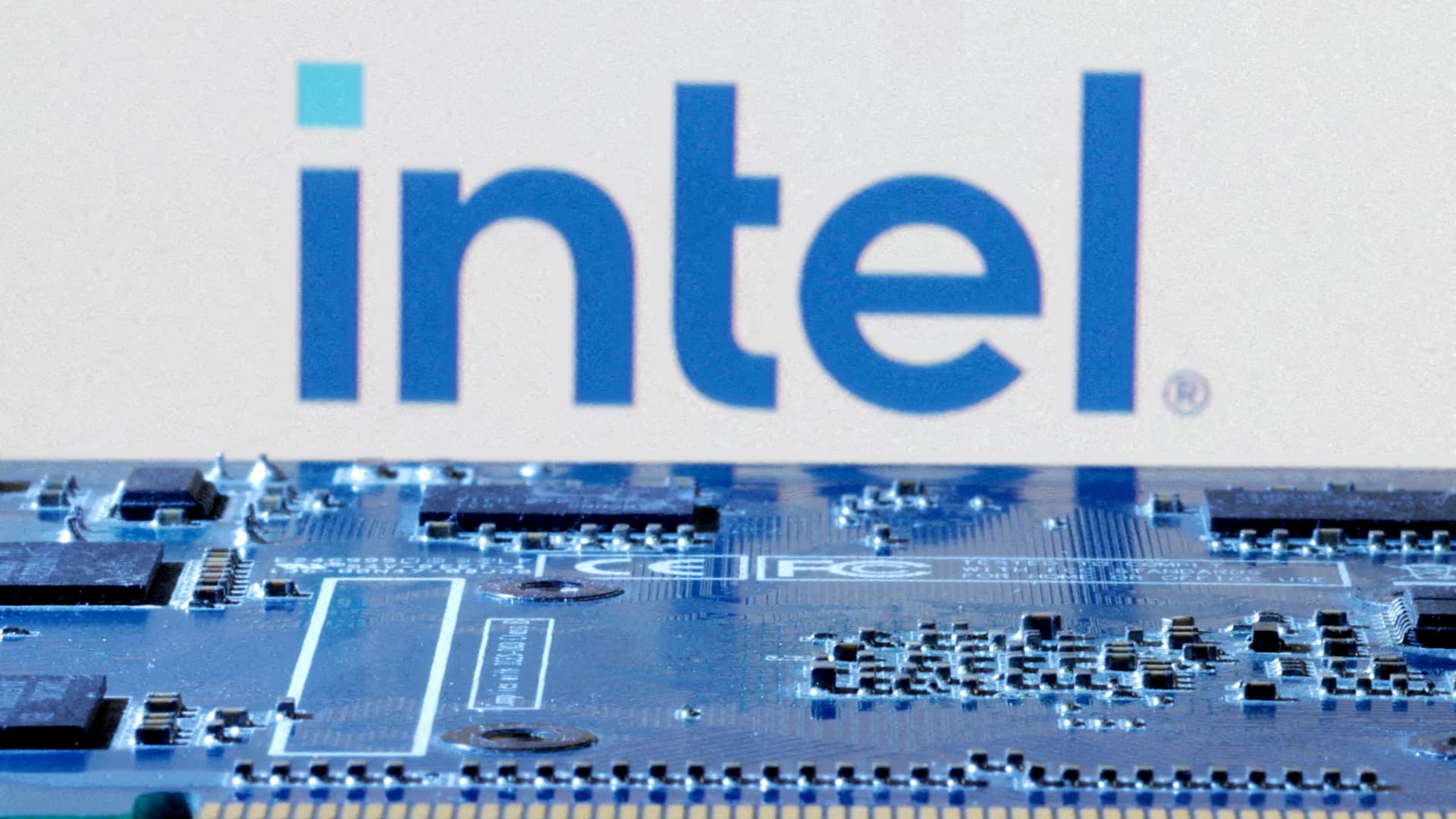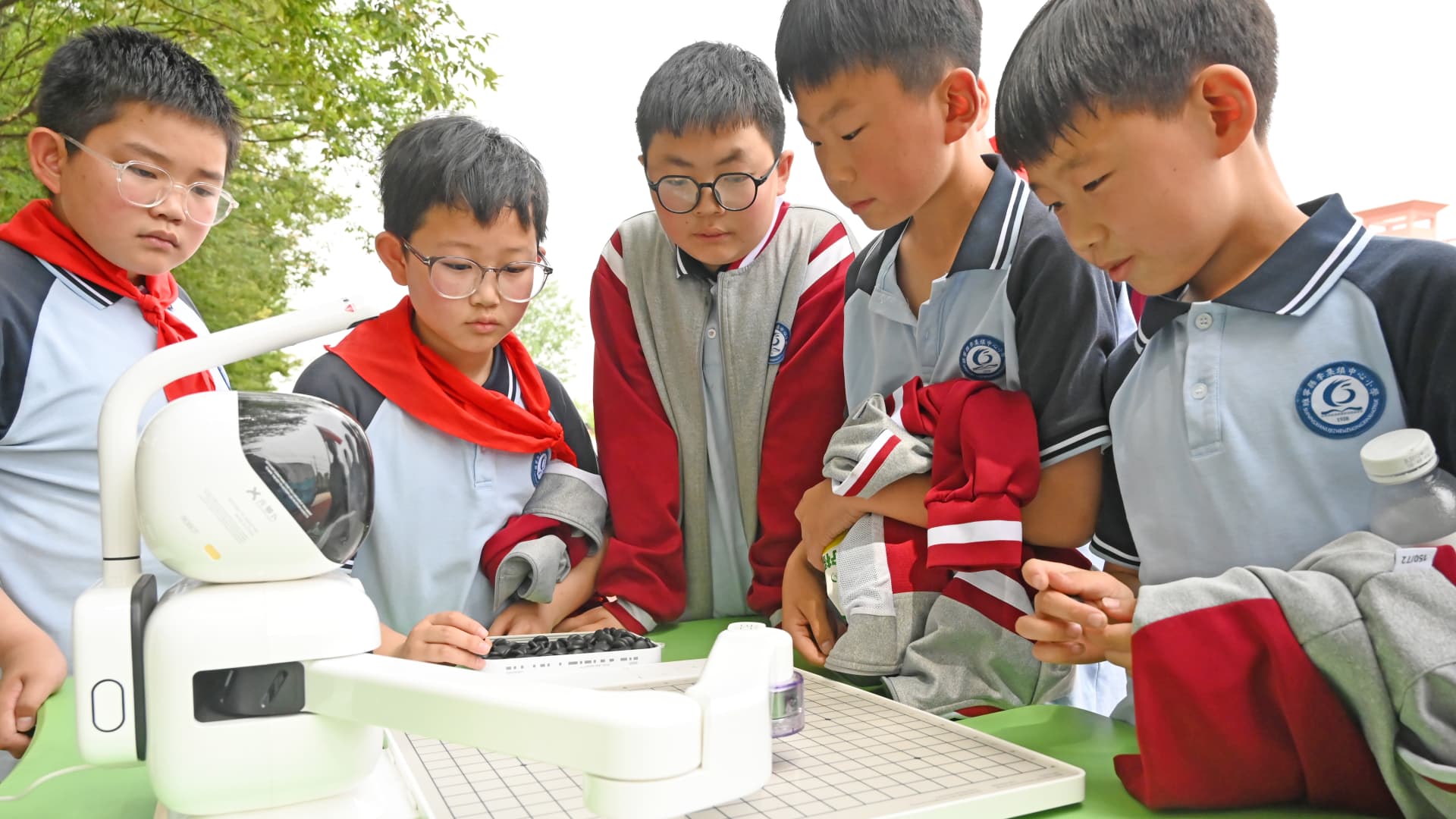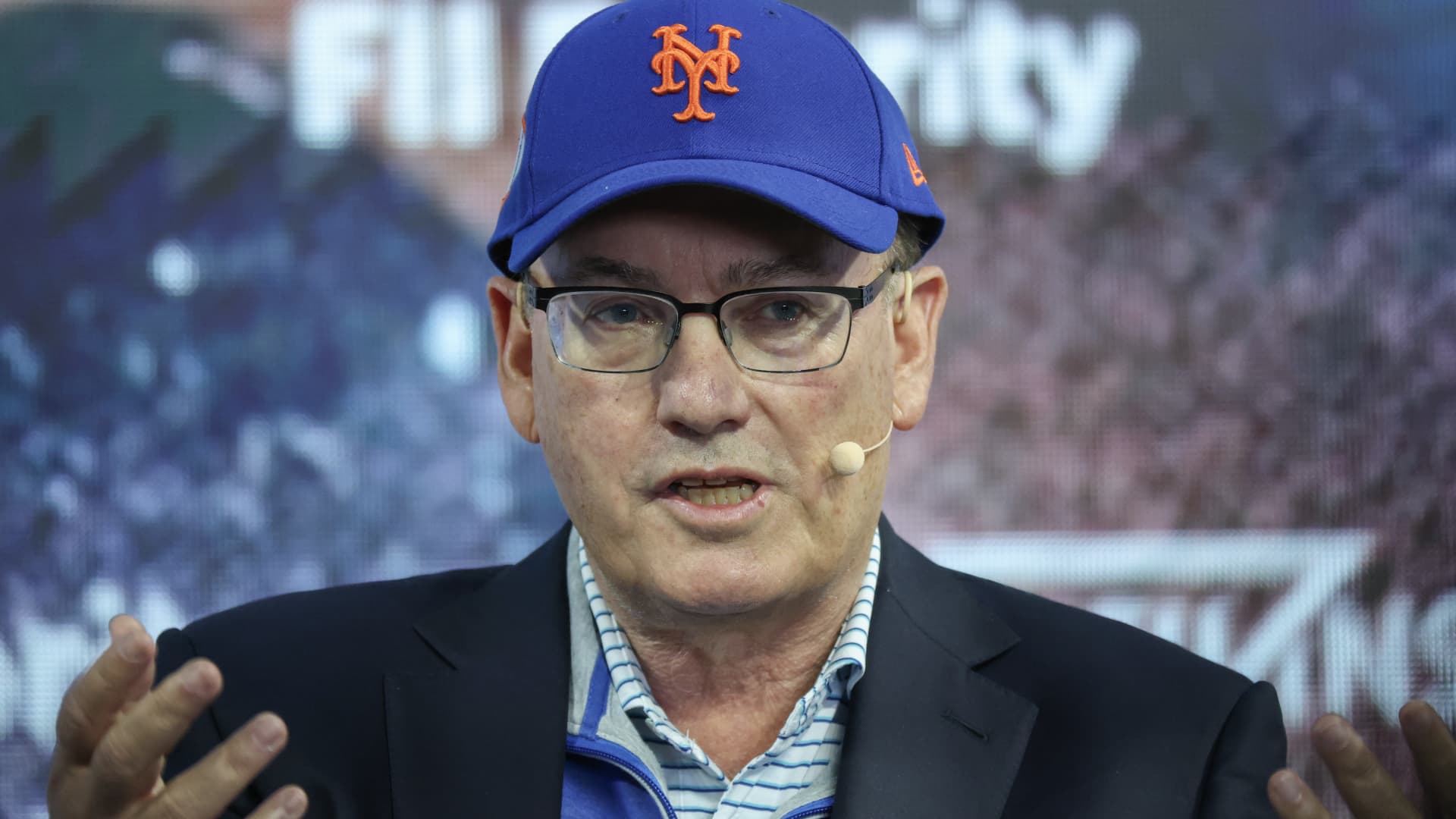Finance
Stocks making the biggest moves midday: INTC, TSLA, AFRM, HOOD
-

 Personal Finance6 days ago
Personal Finance6 days agoHow consumers prepare for an economic hit
-

 Personal Finance1 week ago
Personal Finance1 week agoI bonds investments and Trump’s tariff policy: What to know
-

 Personal Finance6 days ago
Personal Finance6 days agoReal estate and gold vs. stocks: Best long-term investment
-

 Economics7 days ago
Economics7 days agoAndrew Bailey on why UK-U.S. trade deal won’t end uncertainty
-

 Economics1 week ago
Economics1 week agoThe president has deleted a key tenet of American civil-rights law
-

 Economics7 days ago
Economics7 days agoTrump knocks down a controversial pillar of civil-rights law
-

 Economics7 days ago
Economics7 days agoOne of the most controversial executive orders will shortly land at SCOTUS
-

 Economics7 days ago
Economics7 days agoA social history of America in a warehouse










